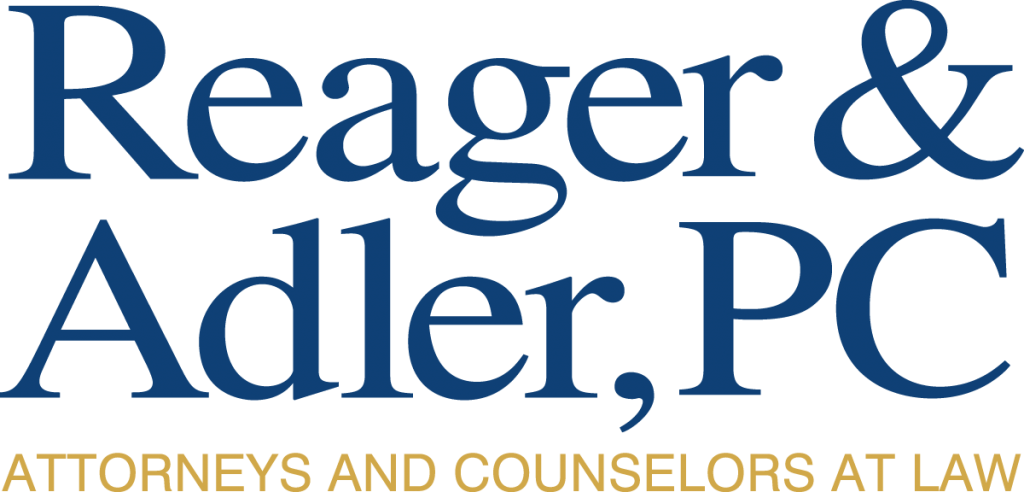 More than half of all small businesses are owned by people over 50 years old, according to the Small Business Administration. As the Baby Boomer generation born between 1946 and 1964 heads into retirement in record numbers each year, succession planning for small or large family-owned businesses has become critically important. Along with retirement, owner deaths necessitate succession planning even more. Unfortunately, most family businesses do not have a robust succession plan in place.
More than half of all small businesses are owned by people over 50 years old, according to the Small Business Administration. As the Baby Boomer generation born between 1946 and 1964 heads into retirement in record numbers each year, succession planning for small or large family-owned businesses has become critically important. Along with retirement, owner deaths necessitate succession planning even more. Unfortunately, most family businesses do not have a robust succession plan in place.
A well-executed succession plan can do more than keep a business alive - it can help keep a family functioning and in harmony. People, and families, avoid talking about succession plans because they raise uncomfortable topics, like one’s own death, the death of a close friend or business partner, or the death of a family member. However, having these hard conversations now and planning for the worst or inevitable can help avoid potentially devastating inter-family conflicts stemming from a lack of formal succession structure in the business.
Two central questions must be answered by the founder of any family-owned business: “When will it be time for me to go, and who should take my place when I do?” The best way founders can help answer these questions is by seeking unbiased outside professional advice. There must be a clear understanding of the roles of owners, directors, leadership, and management of any company to establish the confines in which successful succession takes place. For example, part of accomplishing this goal is to decide whether to bring someone up from within the family-owned business who is not part of the family itself or to bring someone in from the outside. There are pros and cons to either of those options, but is one consideration to be made.
Each family-owned business, like each family, is unique, and succession planning should reflect that reality. There is no one-size-fits-all approach to what to do with your business and your legacy. Some factors to consider are as follows:
- Should the company go public?
- Which family members will work, and which will not?
- What authority or limitations will each family member have?
- Who runs the day-to-day operations, and who will fill key roles?
- What career paths are set out for each family member?
- How do you solve family tensions in the wake of a founder’s death?
- Should some family members be bought out?
- What should become of the company’s debts, liabilities, and assets?
- What role will a surviving spouse play, if any?
- Who trains the successor?
- What tax implications are there?
- Should any non-family employees be elevated in the business structure or ownership?
This is just a short list of things to consider. Seeking counsel to help avoid friction, realize your goals, and guide your family business after you have retired or passed away is what every prudent business owner should do. The time to do this is not after a founder has passed. It is never too early to start succession planning. Contact the legal team at Reager & Adler, P.C. today for a confidential consultation and to learn more.
 2331 Market Street
2331 Market Street
Camp Hill Pa. 17011
(717) 909-6948
[email protected]

